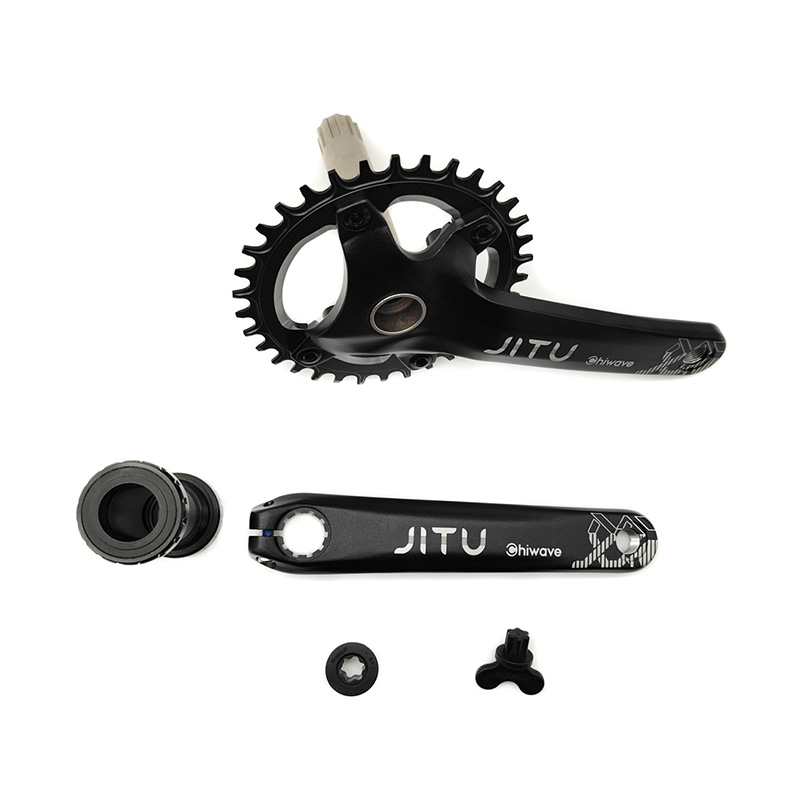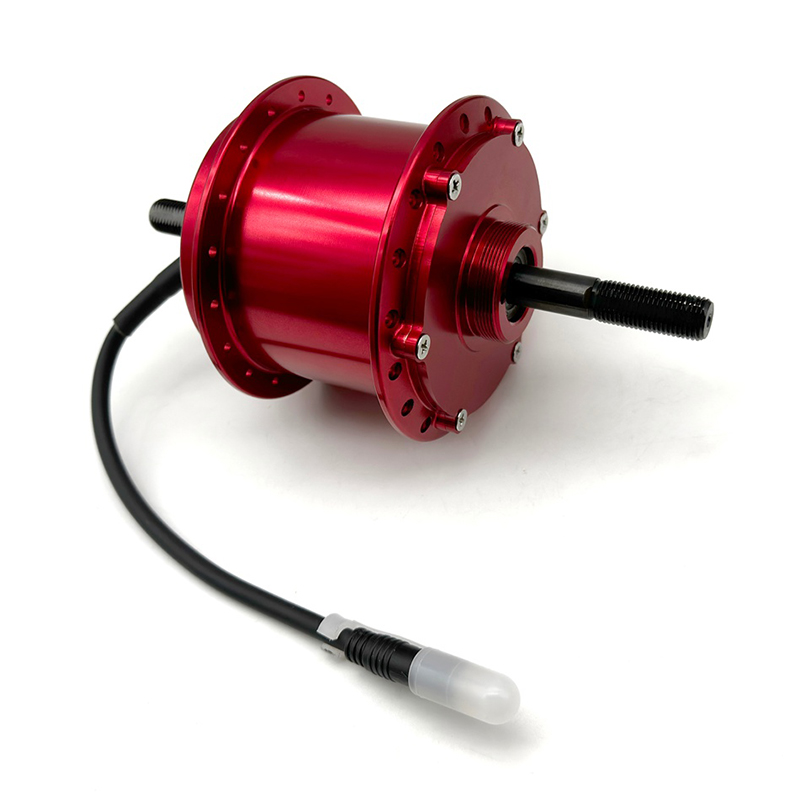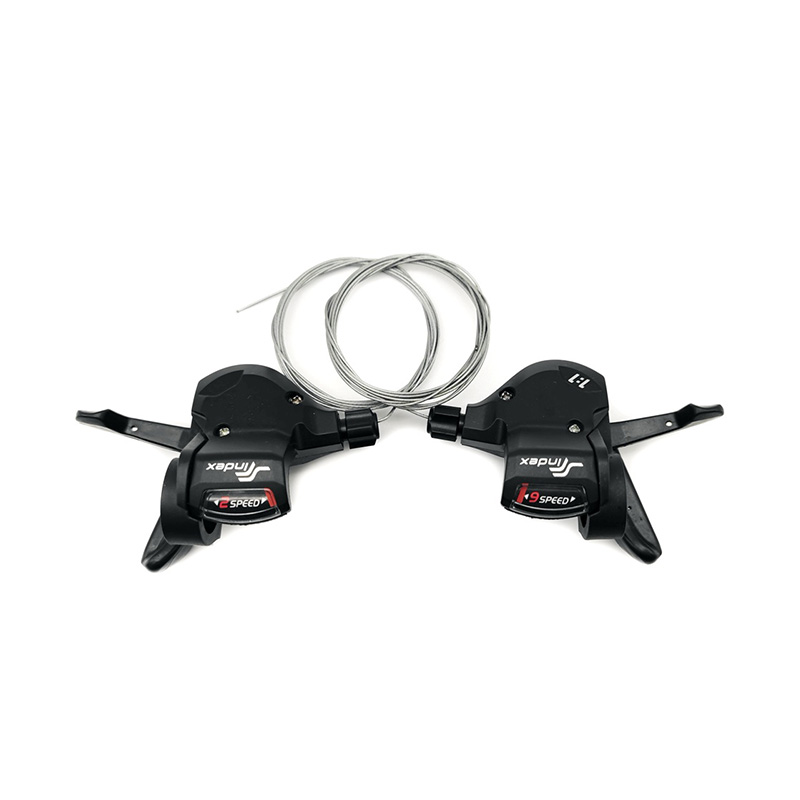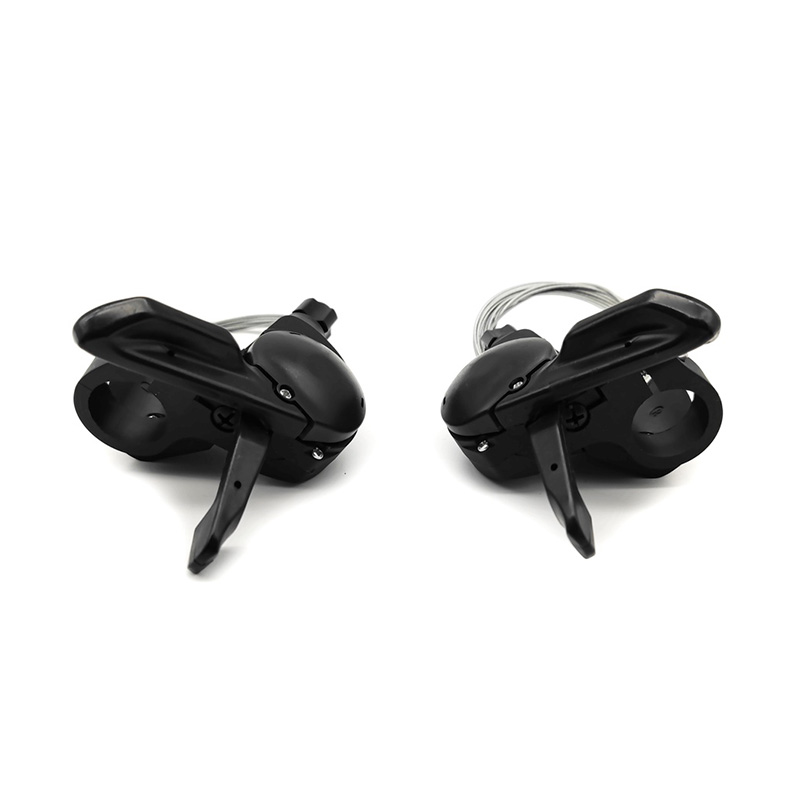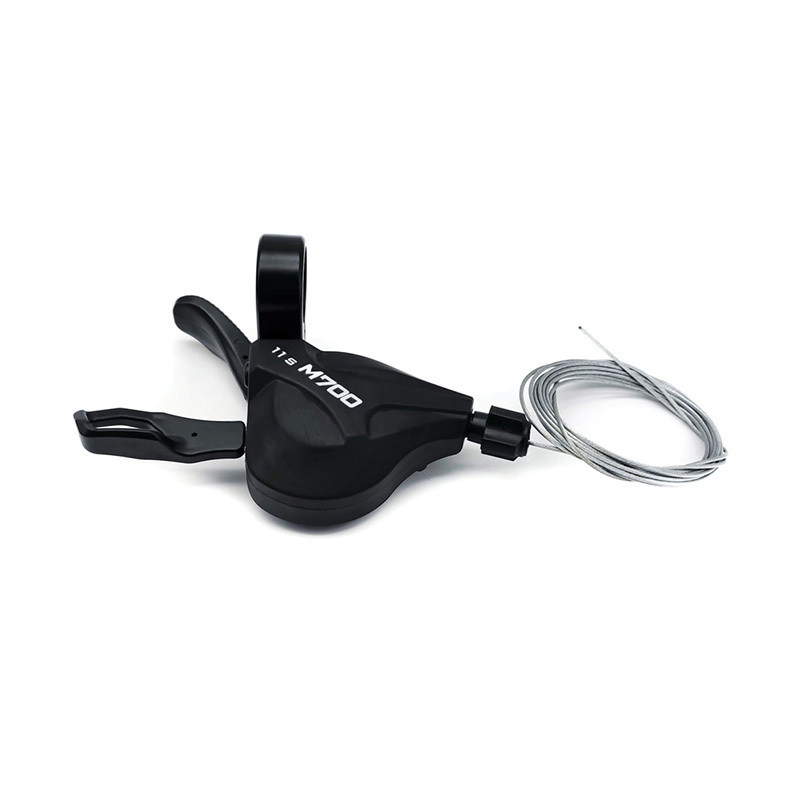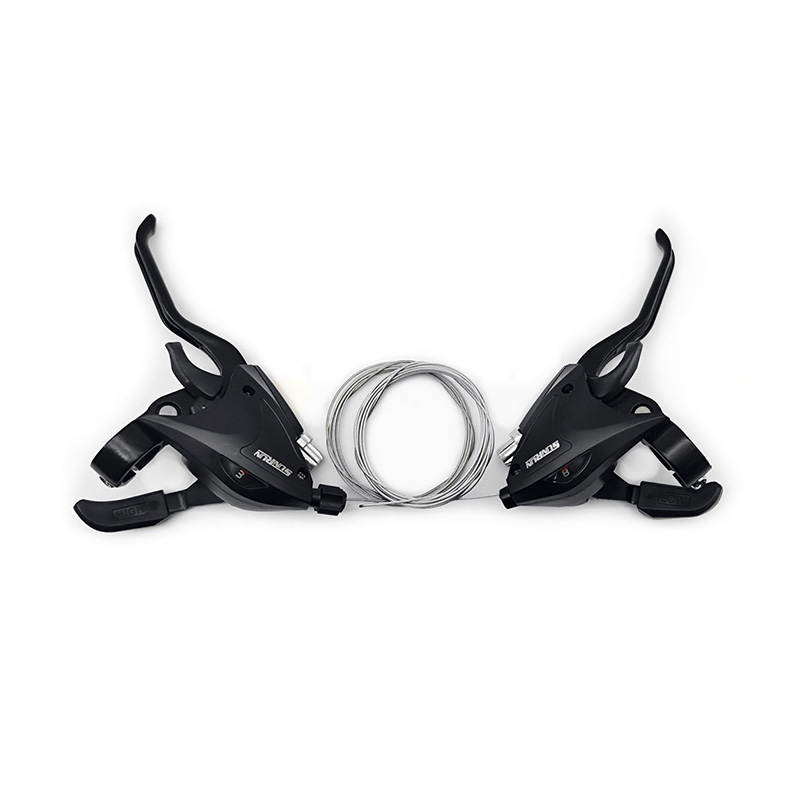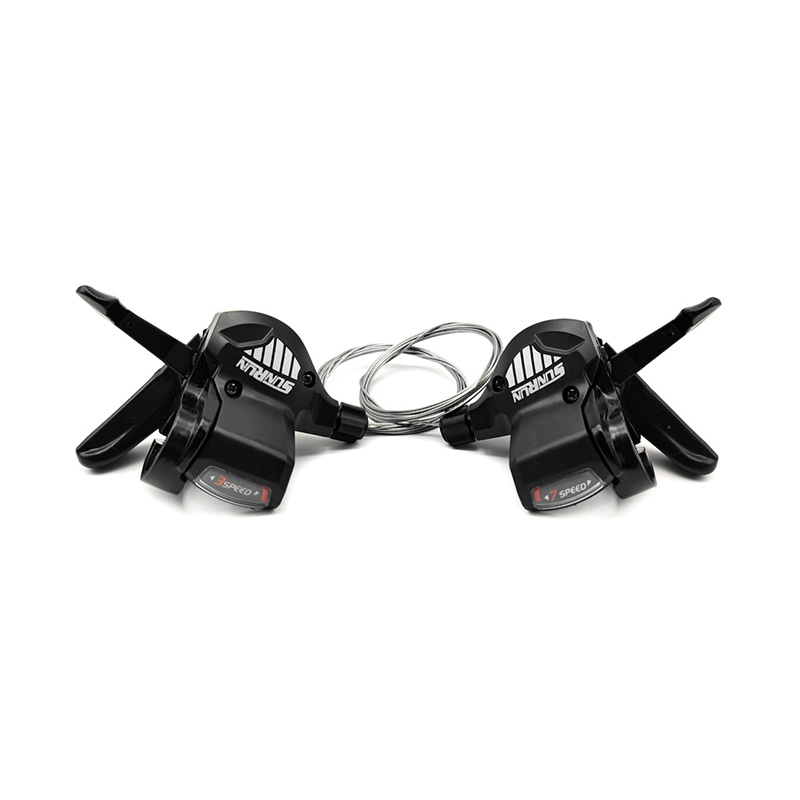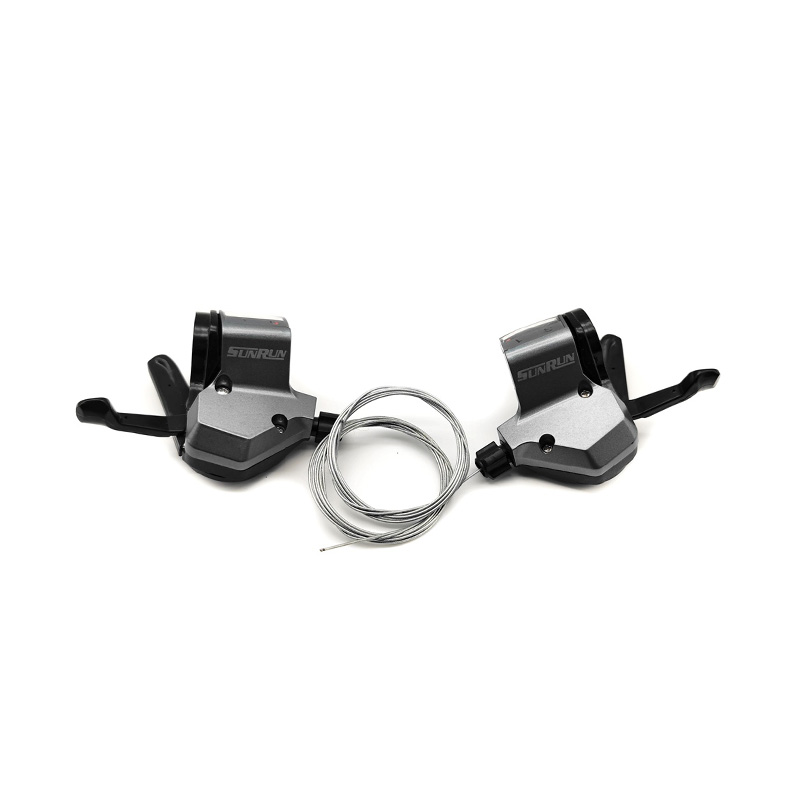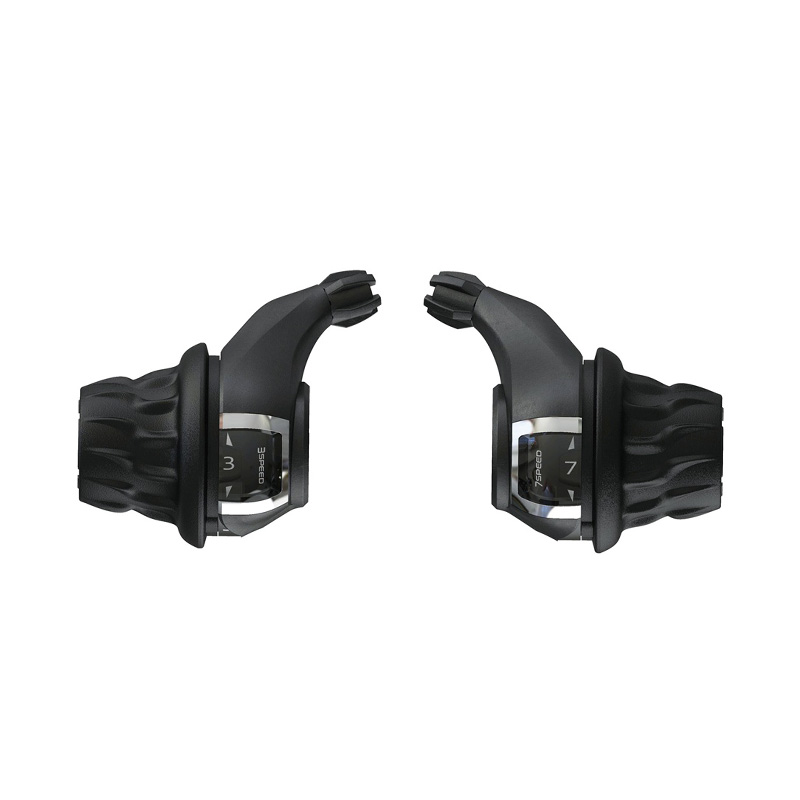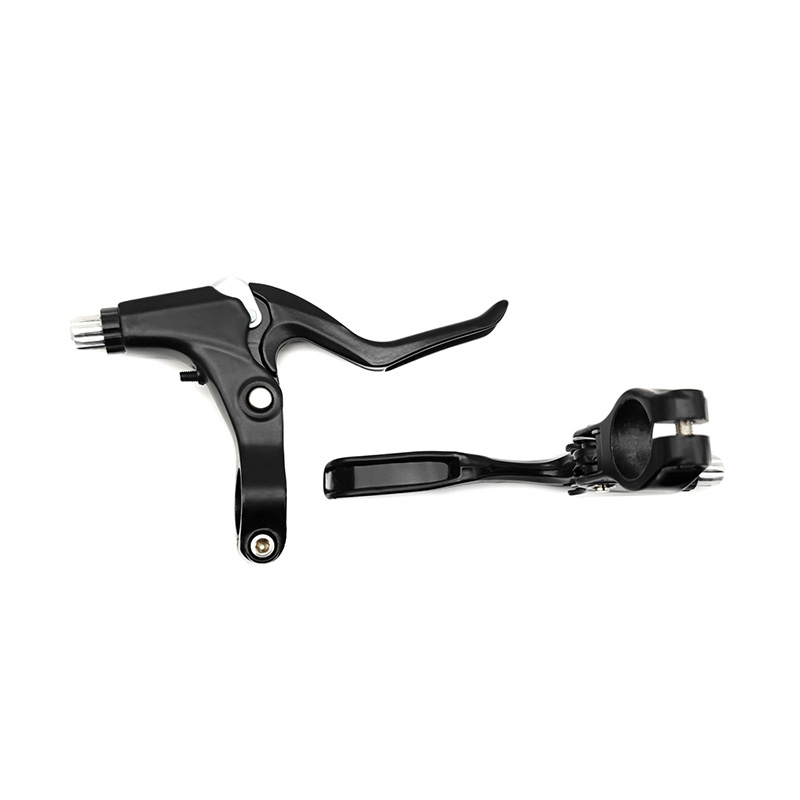-
 Everything You Need to Know About MTB Bicycle Cassette Sprocket
Everything You Need to Know About MTB Bicycle Cassette SprocketWhat is a mountain bike cassette sprocket?A mountain bike cassette sprocket is one of the core components of a mountain bike's speed change system. It is usually installed on the r...
-
 How to properly maintain bicycle hubs with sealed bearings to extend their service life?
How to properly maintain bicycle hubs with sealed bearings to extend their service life?Proper maintenance of bicycle hubs with sealed bearings is the key to ensuring their long-term stable operation. Although the design of sealed bearings can effectively prevent the ...
-
 Bicycle rear derailleur: a key component of riding experience
Bicycle rear derailleur: a key component of riding experienceIn modern bicycle design, the rear derailleur is an indispensable part of the transmission system. It not only bears the heavy responsibility of transferring the chain from the fro...

- Describe
- Parameter

Ningbo Dongjin Technology Co., Ltd is China OEM MTB Bike Single Chainwheel & Crank Set Supplier and ODM MTB Bike Single Chainwheel & Crank Set company was founded in 1991, specializing in the production of bicycle transmission systems, braking systems and other components. The leading products include a series of derailleurs, variable speed flywheels, high-end cassette hubs, disc brakes, brake components, cranksets and more than 300 varieties in six categories.
In 2015, in response to Made in China 2025, the company established Ningbo Dongjin Technology Co., Ltd. to develop a new internal and external variable speed transmission system, entering the first echelon of the domestic industry. "Chicheng wheel industry, quality first" is the pursuit of quality by Richeng people. The company has introduced internationally advanced key technologies such as precision cold forging, CNC machining, heat treatment, and multi-station stamping to develop transmissions with Richeng characteristics. , transmission kit, sales volume leads domestic peers. The registered brands SUNRUN, TONGKEEN and HEMU enjoy high reputation in domestic and foreign markets. The company has independent export rights, and its products are exported to Europe, North America, Central and South America, Africa, Southeast Asia and other countries and regions. Xu Mingqiang, chairman of the company, sincerely invites domestic and foreign merchants to come for negotiation and guidance.
Industry Knowledge Extension
The weight of the MTB Bike Single Chainwheel & Crank Set has a significant impact on acceleration and climbing capabilities. The following is a detailed explanation of the impact of these two aspects:
Impact on acceleration capabilities:
Kinetic energy conversion: The acceleration of a bicycle relies on the kinetic energy provided by the rider being converted into forward kinetic energy for the bicycle. The lightweight Chainwheel and Crank Set reduce the overall mass of the bicycle, allowing the rider to increase the speed of the bicycle more quickly while exerting the same force.
Responsiveness: Lighter components tend to be more responsive, meaning the rider can more directly feel the impact of their movements on the bike's speed. This helps the rider react faster in situations where quick acceleration is required.
Effect on gradeability:
Overcoming Gravity: When climbing a hill, the bicycle needs to work against gravity. The lightweight Chainwheel and Crank Set means that the overall mass of the bicycle is reduced, and the force required by the rider to overcome gravity will also be reduced accordingly, making it easier to complete hill climbs.
Maintain speed: Lightweight components help riders maintain high speeds on climbs. Because the overall mass of the bicycle is reduced, the rider does not need to expend too much energy to overcome gravity and can maintain a more stable speed.
It should be noted that although the lightweight Chainwheel and Crank Set help improve acceleration and climbing capabilities, other factors need to be considered when selecting components, such as strength, durability and rigidity. Excessive pursuit of lightweight may sacrifice these key performance, thus affecting the riding experience and safety. Therefore, when choosing an MTB Bike Single Chainwheel & Crank Set, you should consider various factors to find the balance that best suits your needs and riding environment.

 中文简体
中文简体 English
English



